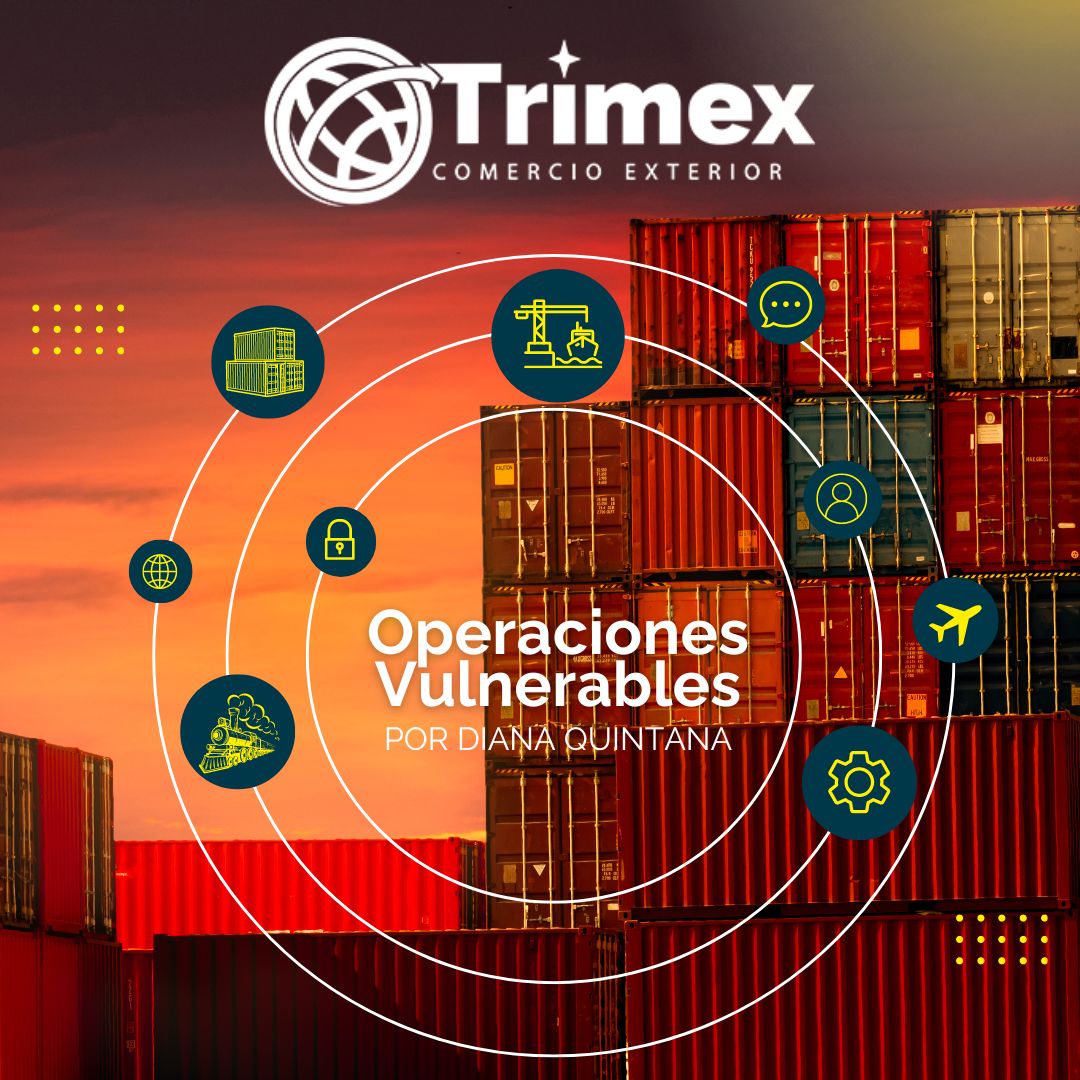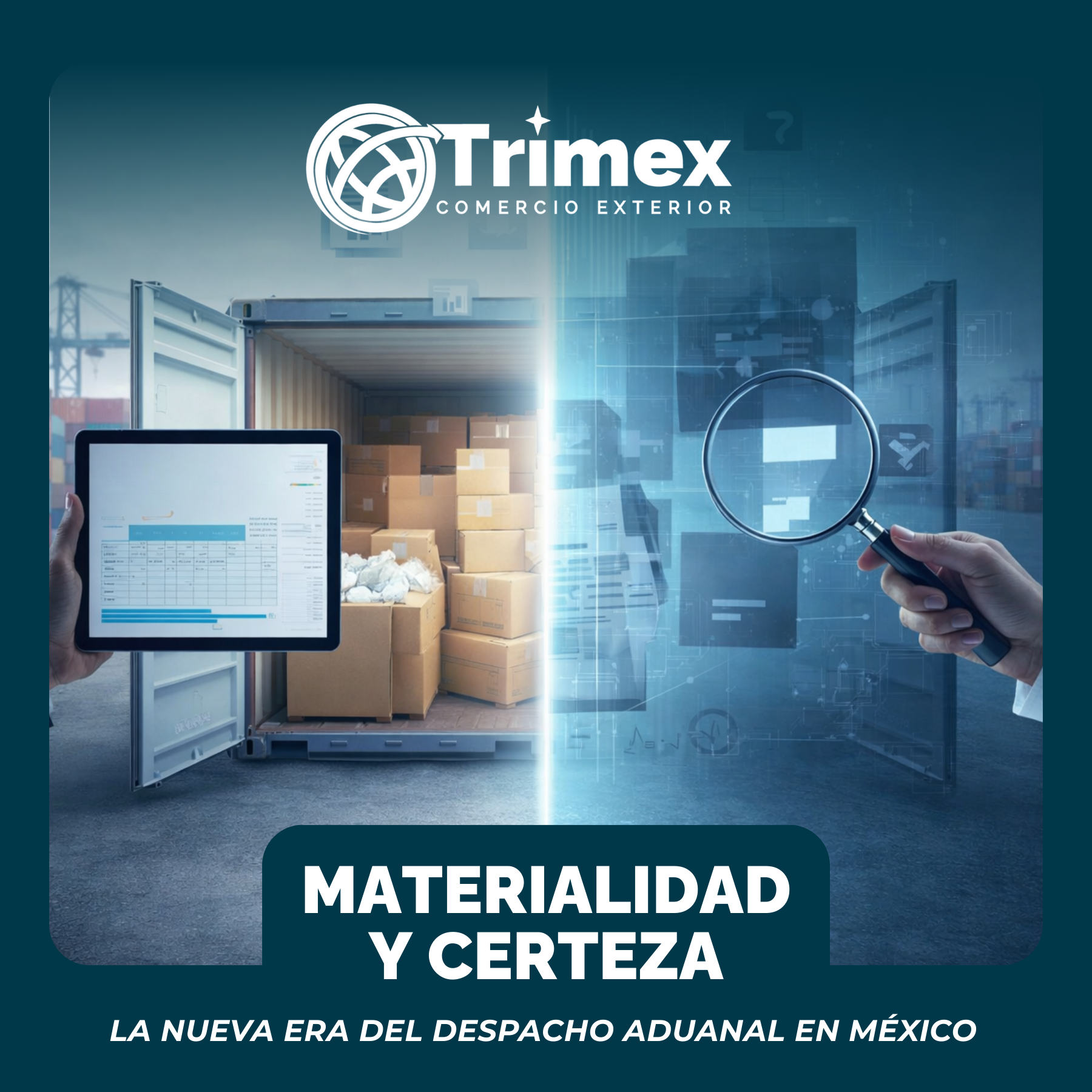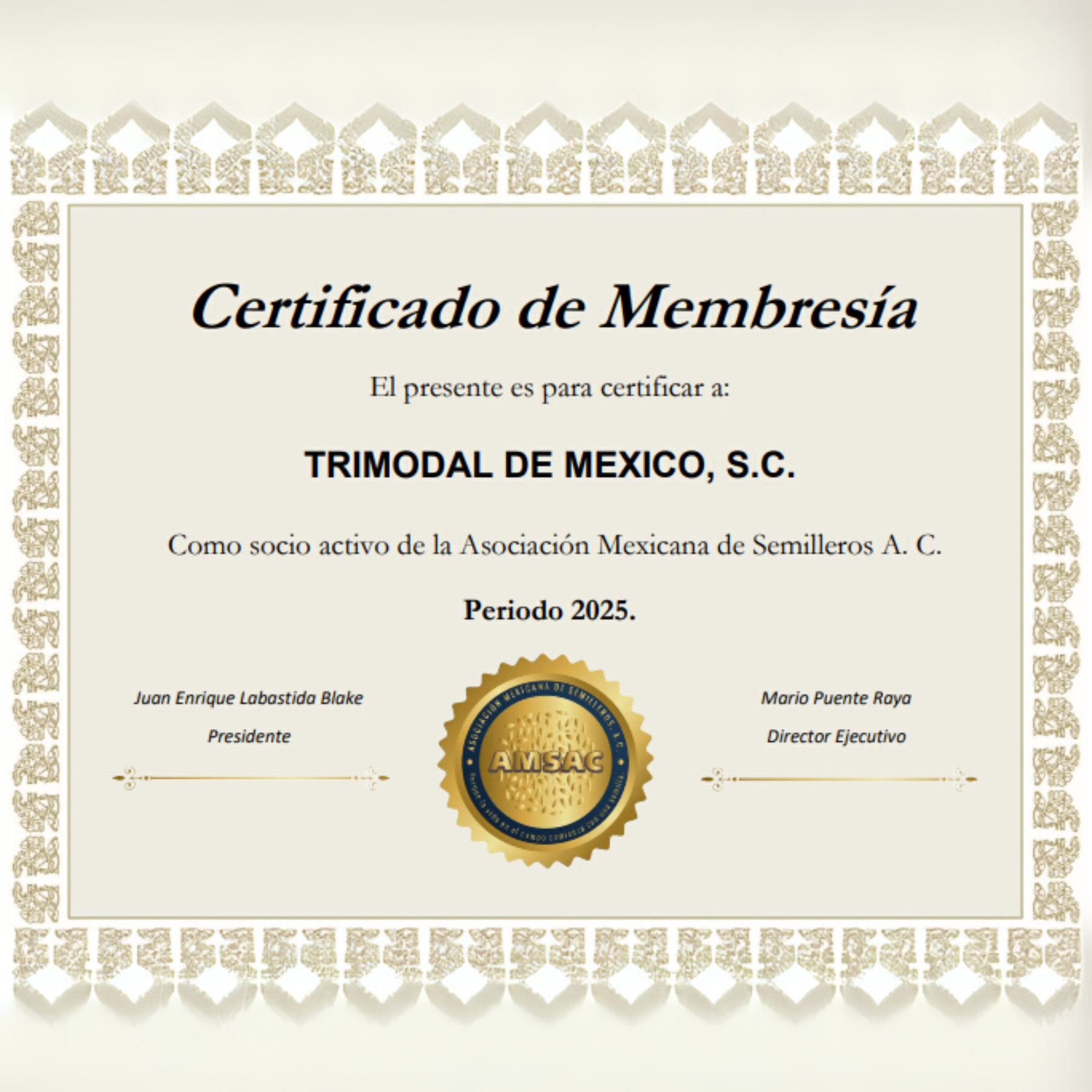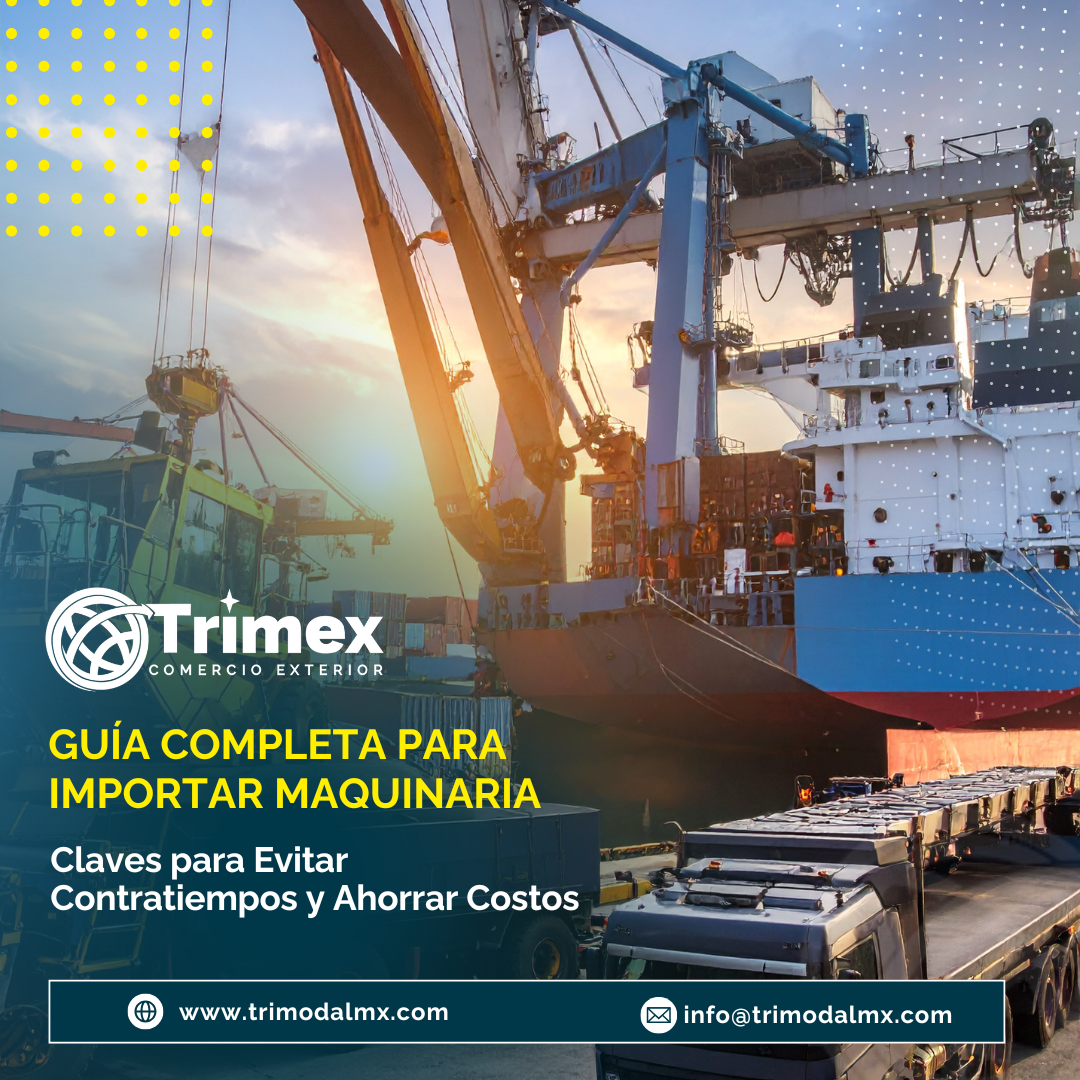Vulnerable Operations in Foreign Trade: Everything You Need to Know for Importing and Exporting with Trimodal de México (Trimex)

By Diana Quintana Ramírez
In the dynamic world of foreign trade, understanding regulations is essential for the success of any customs operation. At Trimodal de México (Trimex), as a customs broker, we recognize the importance of complying with the laws and regulations governing our import and export activities. One of the most relevant laws in this context is the Federal Law for the Prevention and Identification of Operations with Illicit Proceeds (LFPIORPI), also known as the Anti-Money Laundering Law. This legislation, introduced in October 2012 and enforced starting July 17, 2013, aims to protect Mexico’s financial system and national economy.
What is a Vulnerable Operation?
A Vulnerable Operation refers to activities that carry a high risk of involving illicit funds. Proper identification and management of these operations are crucial to avoid legal and financial repercussions. The LFPIORPI mandates that financial entities and other organizations pay special attention to such operations to ensure compliance with established regulations.
Types of Vulnerable Goods in Customs Import and Export
According to Article 17 of the LFPIORPI, the following goods are considered vulnerable:
Land, air, and sea vehicles (new and used): This category includes cars, trucks, motorcycles, airplanes, helicopters, and boats.
Gambling and raffle machines: Equipment used in casinos and other gambling establishments.
Equipment and materials for the production of payment cards: Items related to the manufacture of credit and debit cards.
High-value jewelry, watches, precious stones, and precious metals: Luxury items that exceed certain value thresholds.
High-value works of art: Paintings, sculptures, and other artistic pieces whose individual value exceeds 4,815 times the minimum wage in effect in Mexico City.
Ballistic resistance materials for vehicle armor: Items necessary to protect vehicles against bullets and explosives.
Obligations for Customs Agencies like Trimodal de México (Trimex)
Customs agencies, such as Trimodal de México (Trimex), have several obligations under the LFPIORPI, including:
Registration: It is essential to register with the Tax Administration Service (SAT) before initiating any vulnerable operation. This involves obtaining a valid Advanced Electronic Signature certificate.
Client Identification: Verify the identity of clients and users through official documents, ensuring that copies of the necessary documentation are collected.
Submission of Notices: Submit notices and reports to the Financial Intelligence Unit (UIF) through the SAT, adhering to established deadlines and formats.
Custody of Documentation: Secure and safeguard information related to vulnerable activities for five years, ensuring its integrity and availability for future audits.
Notification and Identification Thresholds in Customs Import and Export
The law sets two critical thresholds that determine the obligations of customs agencies:
Identification Threshold: This is the amount at which clients and users must be identified. Operations below this threshold do not trigger this obligation, although maintaining a basic record is advisable.
Notice Threshold: This is the amount that necessitates submitting a notice to the UIF. Exceeding this threshold involves higher scrutiny and compliance requirements.
Audits and Sanctions
The Ministry of Finance and Public Credit may conduct audits to ensure compliance with the law. Violations can result in administrative sanctions, fines, and even the cancellation of authorizations or imprisonment. It is vital that customs agencies keep their records and procedures in order to avoid these consequences.
At Trimodal de México (Trimex), we strive to uphold the highest compliance standards, providing our clients with the security and peace of mind they need in their customs import and export operations. If you require more information or assistance, please do not hesitate to contact us.







.png)